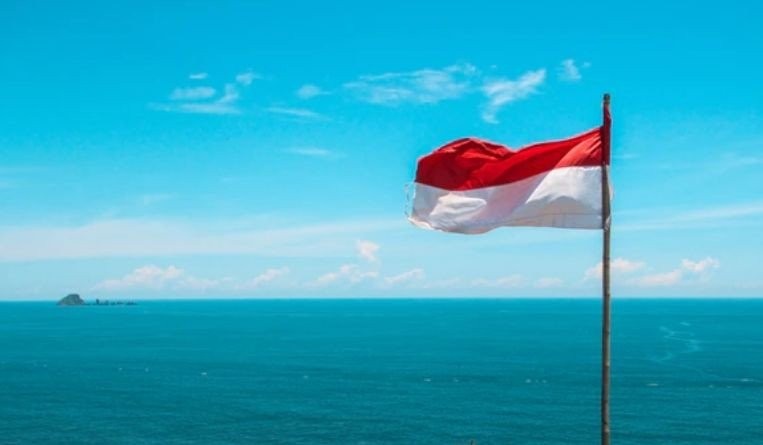Update on trademark practice in Indonesia
31 May 2020

On the heels of recent discussions with the trademark examination team at the Indonesian trademark offices, lawyers at Rouse say that changes are afoot in the country’s new trademark examination practice. Examiners may now consider a letter of consent in trademark application disputes, they say.
“One of the common reasons for rejection of a trademark application is similarity to a prior mark. In Indonesia, it used to be that even a letter of consent amongst related entities in the same group of companies was not accepted to overcome a citation,” Yurio Astary and Lisa Yong, both principals in the firm’s Jakarta office, wrote recently in the firm’s newsletter.
They note that the Indonesian trademark office has taken the position that this strict approach was necessary to avoid confusion of having similar marks in the name of different entities crowding the register.

“However, our recent discussion with the trademark examination team at the trademark office suggest that as a part of new examination practice, examiners are prepared to now consider a letter of consent when reviewing the response to an office action,” they say. “Although there has been no formal notification from the trademark office, we have already seen some cases where citations were successfully overcome by filing arguments together with a letter of consent. Though not a definitive tool, this is a positive development and it is a pragmatic approach that brand owners can now consider to improve the chances in difficult cases.”
Yong says that many clients have recently asked for clarification on the due date for responding to the provisional refusals. “In the WIPO notification, the deadline to respond to the refusal is 30 days from the date the provisional refusal is sent by the International Bureau. Under the Indonesian trademark law, ‘day’ means working day. Therefore, the deadline for responding to the refusal in Indonesia is actually longer – 30 working days. As the law does not allow for any extension, this slightly longer period for responding gives brand owners a little more time to handle the objection, especially in the current environment.”

Astary notes that it has been more than a year since the Trademark Appeal Commission was reshuffled and 16 new members were appointed. “Since then, we have seen progress in terms of turnaround time in issuing a decision – around four to six months for new appeals, compared to 12-18 months previously. The members usually hear about 30 cases a week, distributed amongst three members for each case, so the old backlog of appeals is starting to clear,” she says. “The decisions also now focus on the substantive merits of the case, rather than technicalities.”
Astary says that, as an example, in the past, if the cited mark had expired at the time of filing the appeal, the old Trademarks Commission used to take the position that as the cited mark was valid at the time of office action and the rejection was correct, to the frustration of many brand owners. “Now, we can successfully raise the argument that as the cited mark is no longer valid at the time of appeal, the initial citation objection should therefore be waived.”
Due to Covid-19, the physical counters of the Directorate General of Intellectual Property (DGIP) are closed until further notice. Any appeal deadlines will be extended to the next day when the DGIP counters reopen.
Johnny Chan






